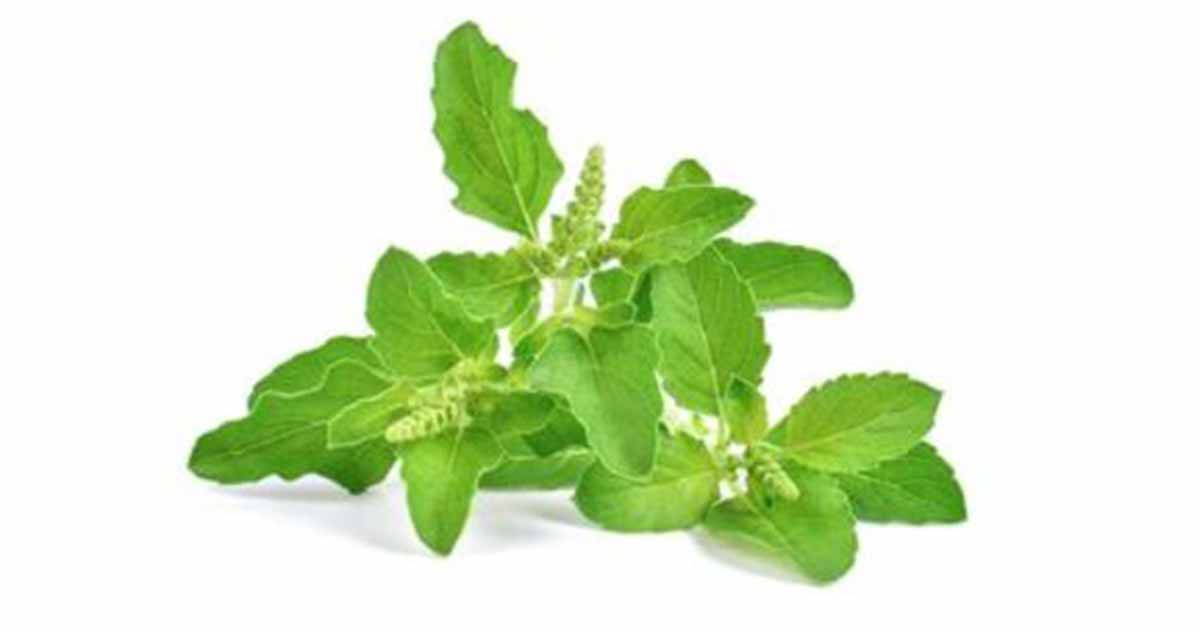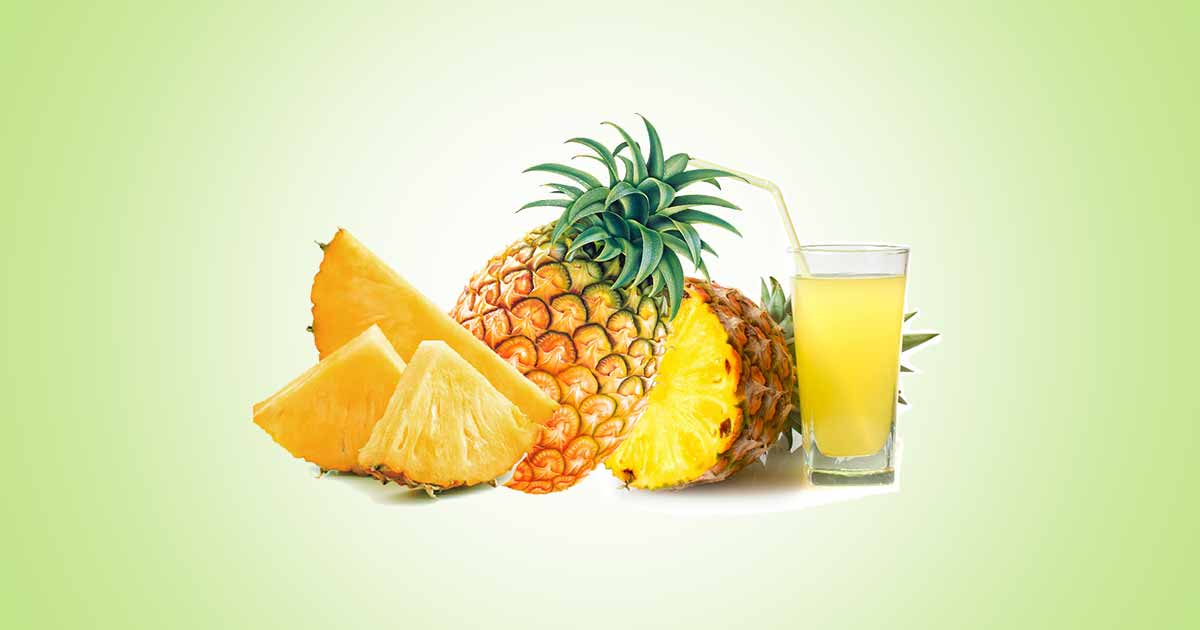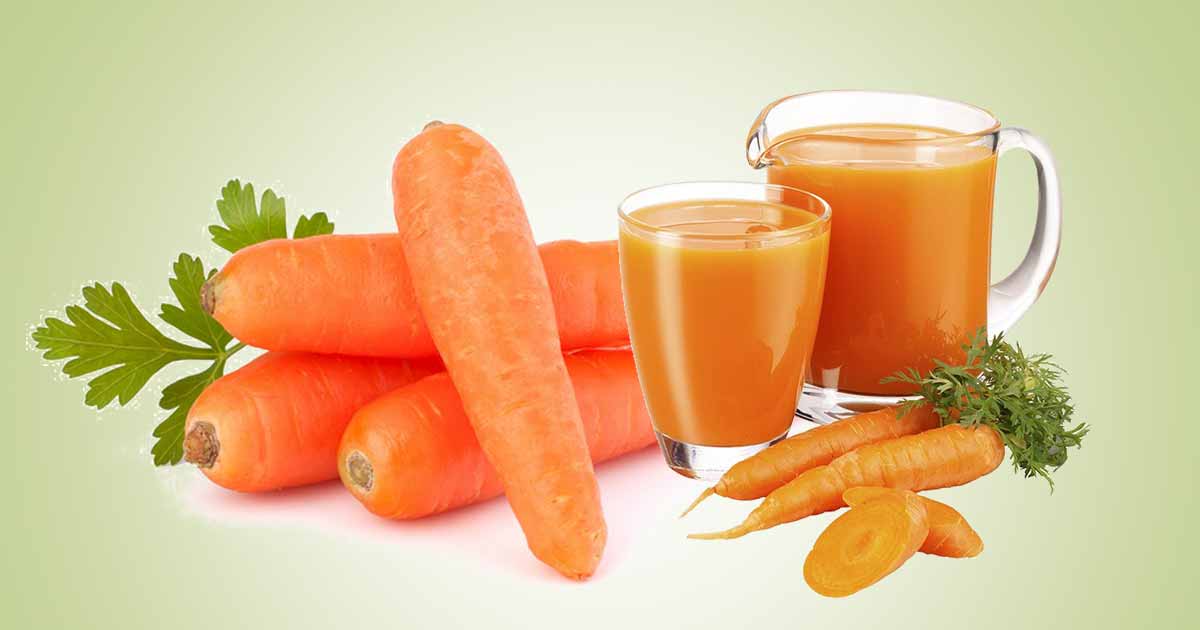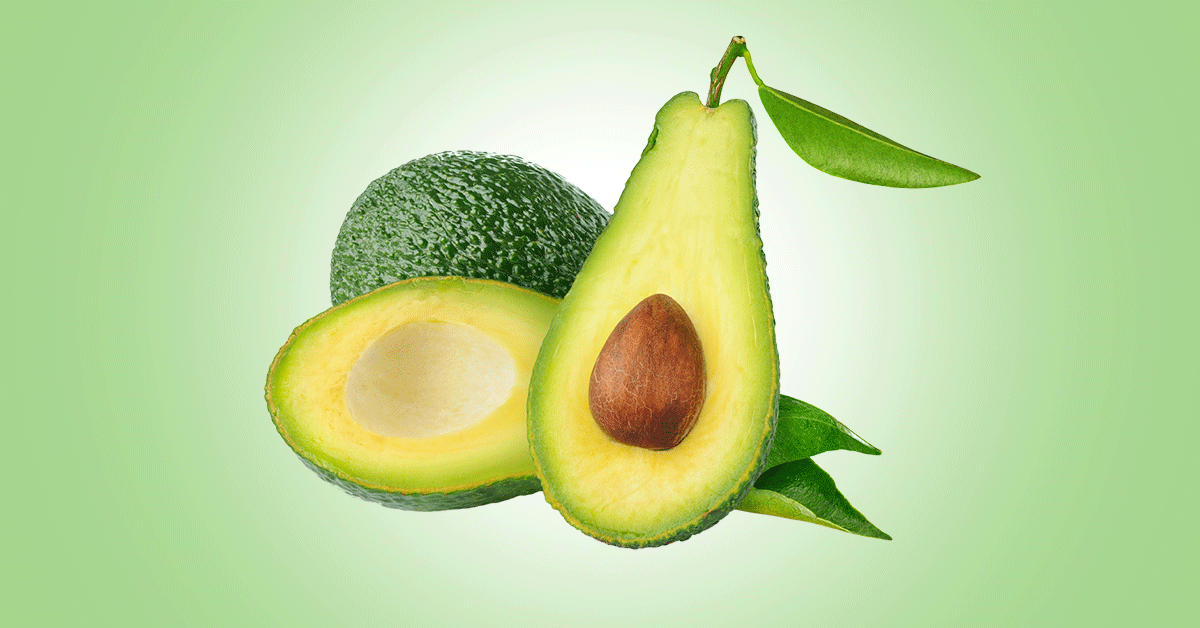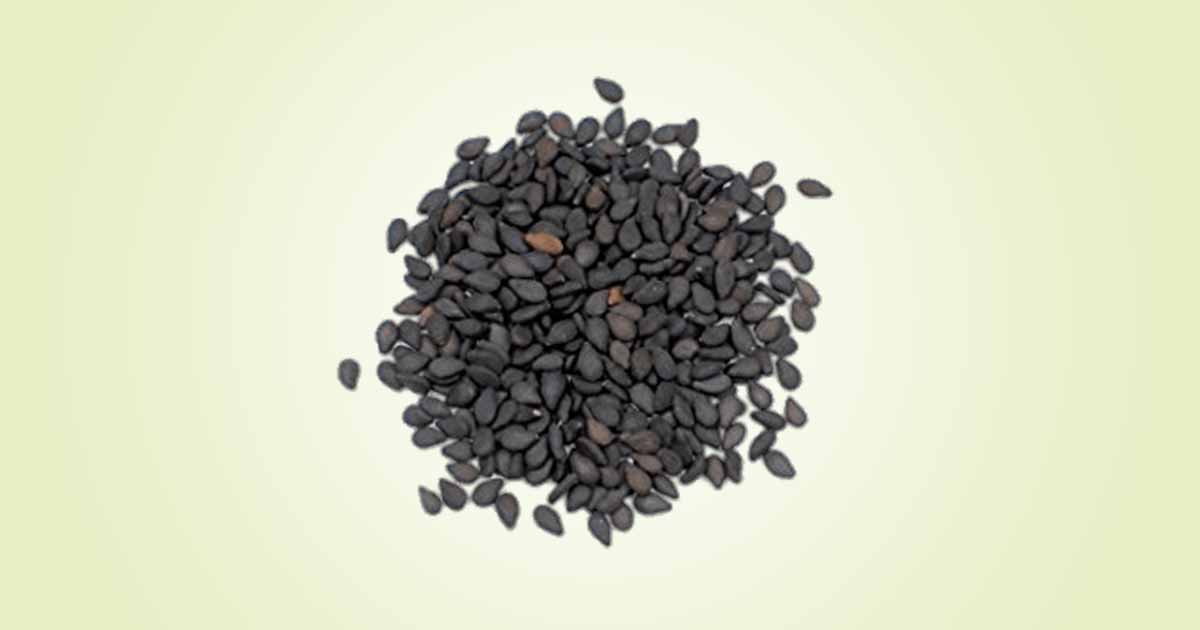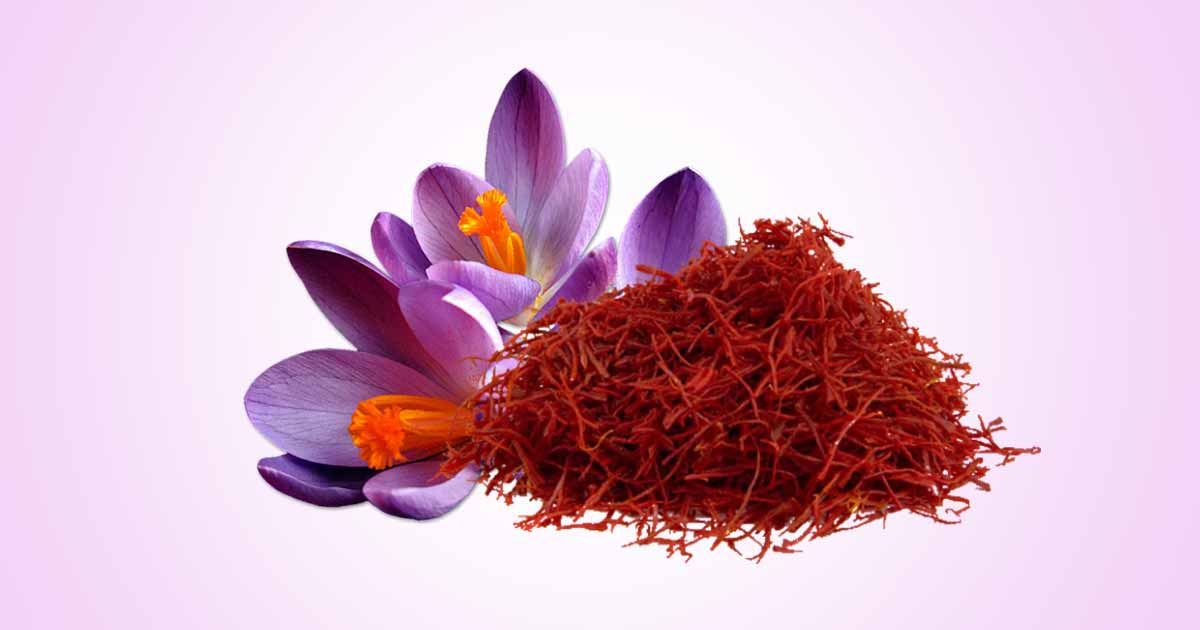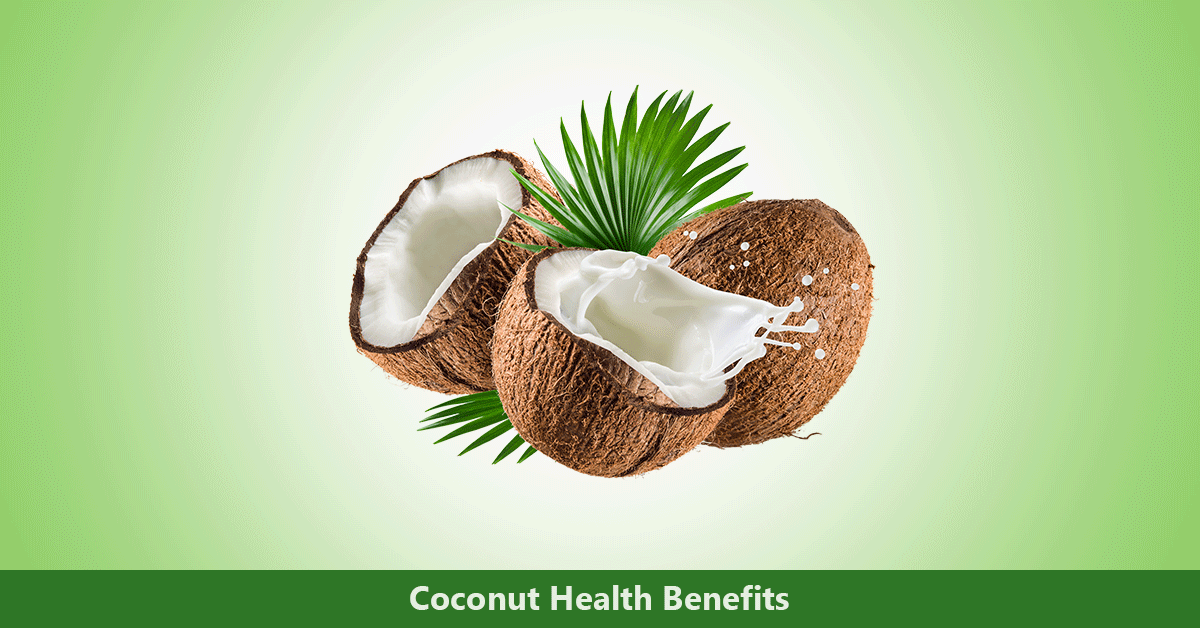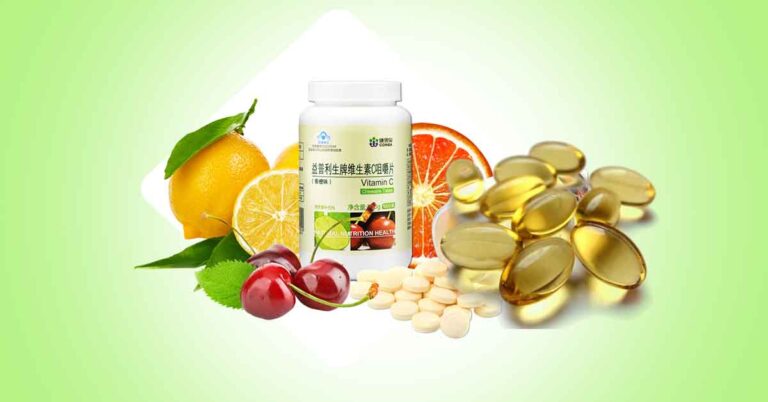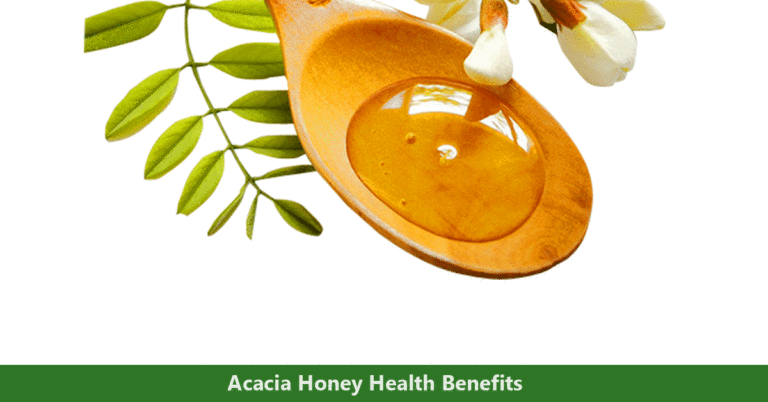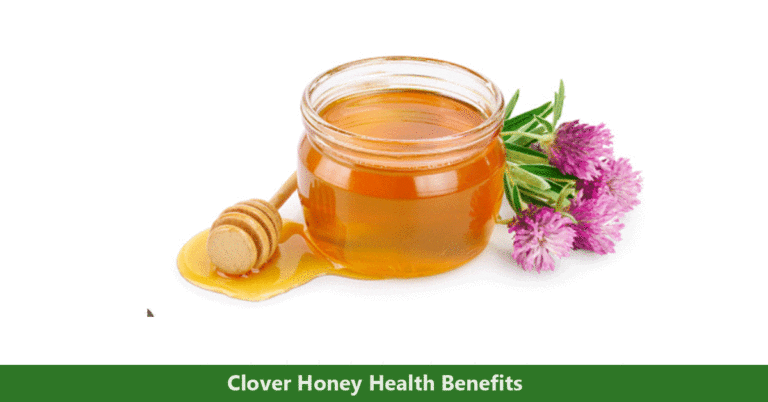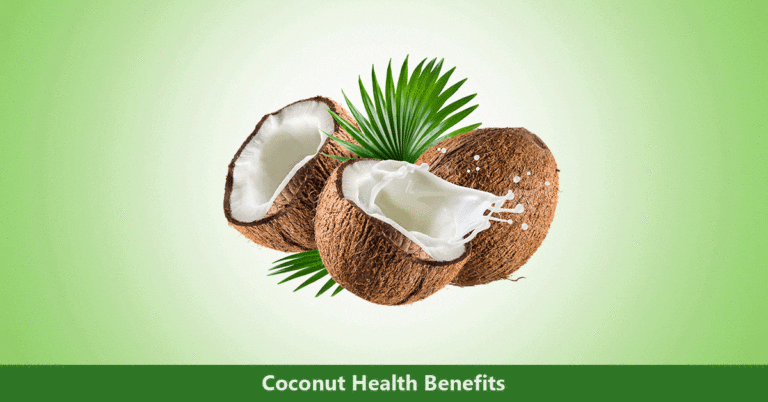Holy basil (Ocimum sanctum, or Ocimum tenuiflorum) or Tulsi, Tulasi, “Queen of herbs”, “Mother Medicine of Nature” is a plant belonging to the family, Lamiaceae. It’s one of the most significant medicinal plant in Ayurvedic medicine. The name Tulsi, is derived from Sanskrit, and it means “matchless one”. Other names of the herb are Thai basil and brush-leaf tea.
The herb has a square stem and a strong, pungent aroma. It has an erect, branched, fragrant tree that attains the height of 30-60 cm. The leaves are aromatic, and green. Flowers are small with red or purple color. The fruits are small, while the seeds are yellow to reddish. The leaves, stems, and seeds are utilized for medicinal purposes.
There are two main varieties – the black (Krishna Tulsi) and green (Ram Tulsi). They have similar chemical compositions. Other varieties are Amrita Tulsi, and Vana Tulsi (forest type holy basil).
Tulsi is one of the important species of the genus, Ocimum alongside O. americanum, O. angustifolium, O. basilicum, O. carnosum, O. gratissimum, O. minimum, O. serratum etc.
It is grown mostly in tropical and subtropical climates. Tulsi is abundant in India, and other countries such as Australia, West Africa, Malaysia and Arab countries.
Traditionally, juice from the holy basil is used to treat a wide range of diseases such as headache, bronchitis, skin diseases, diarrhea, arthritis, malaria, wound, insomnia, fever, relieve stress, cold, mouth and eye disorders, and reduces cholesterol.
Tulsi is a very significant plant in Hindi religion. The leaves are considered holy, and are used in spiritual rites.
Some use the plant to cook, utilizing the hot, spicy flavor (“hot basil”)
Bioactive Compounds in Holy Basil
The plant contains volatile oils such as eugenol, linalool, 3-careen, eugenol methyl ester, caryophyllene. Others are ursolic acid, rosmarinic acids. Monoterpenoid phenol, like carvacrol. The essential oils are mostly found in the leaves and flowers.
There are flavonoids such as apigenin, orientin, luteolin, vicenin-2.
Other bioactive compounds include cervacrol, cirsimaritin, á pinene, methylchavicol, isothymusin, isothymon, palmitricacid, vallinin, galic acid, ocimumoside A, ocimumoside B and ocimarin.
Holy basil contains nutrition such as carbohydrates, proteins, vitamins such as vitamin C, vitamins A and K, minerals such as iron, calcium, manganese, zinc, and phosphorus.
Health Benefits of Holy Basil
Extract from Holy basil has antioxidant, anti-cancer, anti-inflammatory, anti-diabetic, adaptogenic, anti-lipidemic, and anti-microbial, anti-stress, anti-asthmatic activities among others. Dietary supplements of holy basil are available as pills, and capsules.
Managing Respiratory Symptoms
Holy basil contains eugenol and linoleic acids, two components that are beneficial in relieving bronchitis, cold, cough. It may also curb asthma attacks.
Anti-diabetic effect
In studies using rats induced with diabetes using streptozotocin (STZ) and nicotinamide, the extract of Tulsi reduced the blood sugar levels. It also reduced cortisol in serum of corticosteroid-induced diabetic rats.
Anticancer property
Extract of Tulsi prevents cancer by inhibition of cell proliferation, damage to normal cell’s DNA, and induction of apoptosis. In animal studies, it prevented cancer forms such as Lewis lung carcinoma (LLC) cells, head, and neck squamouscell carcinoma (HNSCC) cell, mouth epidermal carcinoma cells (KB), human fibrocarcinoma.
Also, orientin and vicenin, constituents in Tulsi, decrease lipid peroxidation, protects salivary glands and prevents thyroid cancer.
Headache
The herb is used in managing headache, fever, and dengue fever. A herbal mixture of Tulsi powder and sandalwood paste is used for fever, heat, and headache.
Anti-inflammatory effect
Root Extract of holy basil has anti-inflammatory activity in carrageenan-induced paw edema model. The activity is attributed to constituents such as eugenol, rosmarinic acid, apigenin, cirsilineol, cirsimaritin.
Radio protective property
Compounds in Holy Basil such as eugenol, rosmarinic acid, apigenin, cirsilineol, isothymusin are found to have protective effect on the normal tissue against radiation damage when using radiation to treat tumor cells.
Powerful antioxidants
Holy basil is loaded with bioactive compounds such as flavonoids, polyphenols, compounds that are powerful natural antioxidants. These compounds inhibit lipid peroxidation, DNA damage, and reactive oxygen species that cause diseases such as cancer, cardiovascular diseases and neurodegenerative conditions in the body.
They are also utilized in food industries as preservatives.
Modulates the immune system
Leave of holy basil is a great modulator of the immune system. They act by stimulating the humoral immune system, and increasing antibody production. These processes protect the host against various diseases.
Improve Cognition
Holy basil possess neuroprotective effect and improves cognitions. It also relieves stress. This is by the increase in the levels of acetylcholine neurotransmission by bioactive elements in the herb.
Antimicrobial activity
Extract of holy basil have inhibitory activity against gram-positive and gram-negative microorganisms such as P. aeruginosa, E. coli, Klebsiella, S. aureus, S. typhimurium, V. cholera.
Relieves stress
Holy basil is considered as an adaptogen helping to relieve stress, forgetfulness, anxiety, and exhaustion. Compounds isolated from the herb such as ocimumosides A and B have anti-stress activity. Additionally, antioxidants constituents also help in relieving stress.
Ursolic acid, another compound in Tulsi helps to relieve pain and stress
Wound healing
Ethanolic extract of Tulsi promotes wound healing. It stimulates wound breaking strength and faster wound epithelialization.
Prevents blood clotting
The plant extract has thrombolytic activity, preventing blood clotting in the vessels (alongside curcuma, azadirachta and anacardium). This is beneficial in the treatment of myocardial infarction.
Effect on Skin
Essential oils from holy basil has been used to prepare skin cream formulations. Alongside other plants like Andrographis paniculata, Glycyrrhiza glabra, Azaadiracta indica and green tea extracts, it has been used to prepare treatment for acne.
This is utilised in preparing moisturizers, soaps, moisturizers.
Preparation of dental care
Phytochemicals prevent dental cares, plaque, and bad breath through the activity against Streptococcus mutants, which prevents tooth decay. It is used to make toothpaste, mouthwashes.
Anti-fertility action
In animal studies, with albino rats treated with holy basil, there was decreased total sperm count, sperm motility and increase in abnormal sperm.
Anthelmintic effect
Eugenol, the essential oil in holy basil, has anthelmintic activity against ovine gastrointestinal nematodes in sheep.
Eye care
Together with Triphala, holy basil is used to prepare eye drops to treat eye conditions such as cataract, glaucoma, conjunctivitis.
In traditional medicine, three drops of Tulsi and one drop of honey is used daily.
Drug Interactions
- Holy basil may increase the effect of certain sedatives
- It may lower sugar levels too low (hypoglycemia) in people taking anti-diabetic medications such as insulin or sulfonylureas (like glimepiride)
- May slow down the formation of blood clots. It may increase the effect of medications such as aspirin, clopidogrel, warfarin, heparin, dalteparin, heparin, increasing bleeding tendency.
Side Effects
Holy basil is considered safe. It may cause minor side effects such as nausea, and vomiting. Though animal studies suggest it may reduce the chances of pregnancy, the effect on human beings are not yet established.
Effect on breastfeeding has not been studied.
Holy basil may decrease levels of the thyroid hormone thyroxine, worsening hypothyroidism. Also, as it slows down blood clotting, it may risk of bleeding during and after surgery.
References
- https://www.greenjeeva.com/blog/holy-basil-nutrition-facts-types-and-uses
- https://www.ncbi.nlm.nih.gov/pmc/articles/PMC4296439/
- https://www.researchgate.net/publication/349393956_Holy_Basil_A_Potential_Herbal_Source_for_Therapeutic_Applications
- https://www.msdmanuals.com/home/special-subjects/dietary-supplements-and-vitamins/holy-basil

